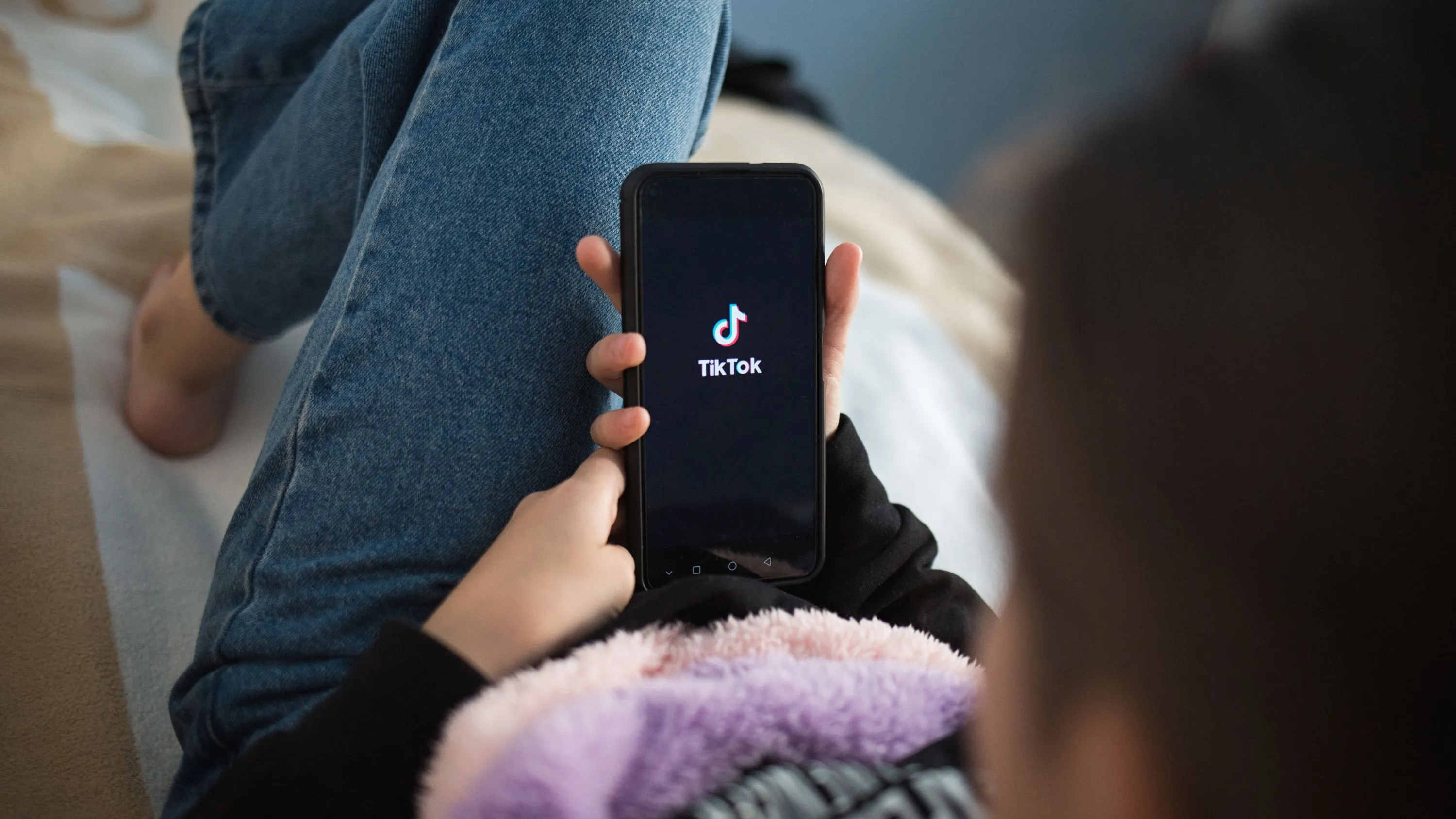Australia Takes Action Against TikTok
The Australian government has recently decided to ban the popular social media platform TikTok on all federal government devices. This decision comes amid growing security concerns surrounding the app’s data collection and handling practices. In this article, we will explore the reasons behind the ban, its impact on TikTok and Australian users, security concerns, and how other countries have responded to similar concerns.
Reasons Behind the Ban
National Security and Data Privacy
The primary reason for the Australian government’s decision to ban TikTok on federal government devices is to protect national security and ensure the privacy of sensitive information. TikTok has faced allegations that it collects and shares users’ data with the Chinese government. As a result, the Australian government has taken a cautious approach to prevent any potential risks to its information systems.
Impact on TikTok and Australian Users
TikTok’s Reputation and User Trust
The ban on federal government devices could have a significant impact on TikTok’s reputation in Australia, leading to a decline in user trust. Additionally, this decision may prompt other organizations and businesses to reconsider their use of the platform, which could result in a drop in advertising revenue for TikTok.
User Engagement and Content Creation
While the ban specifically targets federal government devices, the overall negative sentiment surrounding TikTok’s data handling practices could also impact user engagement and content creation. Australian users might become more cautious in sharing their personal information and content on the platform, potentially leading to a decrease in the app’s popularity.
Security Concerns with TikTok
Data Collection and Handling
TikTok has faced criticism over its data collection and handling practices, raising concerns about user privacy and potential data misuse. The app reportedly collects vast amounts of user data, including location, device information, and browsing habits. These concerns have led to the Australian government’s decision to ban TikTok on federal government devices.
Potential Access to Sensitive Information
As a result of TikTok’s data collection practices, there is a risk that sensitive information belonging to Australian government employees could be accessed and potentially misused. The ban aims to mitigate this risk by preventing the installation and use of TikTok on devices that may contain sensitive information.
Comparing with Other Countries
United States and India
The Australian government’s decision to ban TikTok on federal government devices is not unique. Other countries, such as the United States and India, have also taken action against the app due to similar security concerns. In the United States, former President Donald Trump signed an executive order that aimed to ban TikTok but was halted by legal challenges. In India, TikTok was banned entirely in June 2020, citing concerns over national security and data privacy.
Conclusion
In conclusion, the Australian government’s decision to ban TikTok on federal government devices is a precautionary measure taken to protect national security and sensitive information. The ban reflects growing concerns over TikTok’s data collection and handling practices, which have been criticized for potentially putting user privacy and national security at risk. This decision could have a significant impact on TikTok’s reputation, user trust, and engagement in Australia. Furthermore, it highlights the need for greater scrutiny and regulation of social media platforms to ensure user privacy and national security are not compromised.
While the ban specifically targets federal government devices, it serves as a reminder for individual users to remain vigilant about their privacy and security when using social media platforms. As social media continues to evolve, governments and users alike must adapt to new technologies and potential threats, ensuring that the digital landscape remains safe and secure for all.
